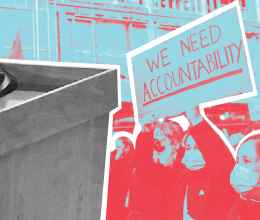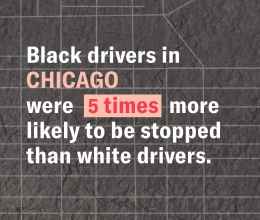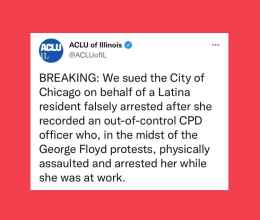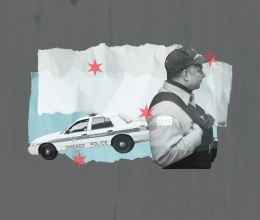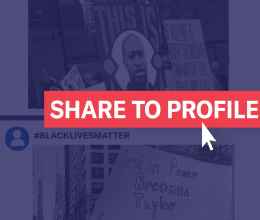
Today’s City Council vote is a modest down payment on the urgent need for police reform and restoring the broken trust between the community and the police in Chicago. The ACLU welcomes replacing the tarnished Independent Police Review Authority with the Civilian Office of Police Accountability (COPA), and creation of a Deputy Inspector General for Public Safety. But there is more work to do.
The community must be involved in the oversight of these new agencies. The Task Force on Police Accountability recommends the creation of a Community Safety Oversight Board to require transparency from COPA and the police department, and serve as a resource to help direct Inspector General audits. In short, community members will provide an important check on all of these bodies. Several community groups have stepped forward to lead the process of creating this Oversight Board, and the City has appropriately allowed them to take the lead.
There are tangible ways that the Oversight Board can play a role in creating additional transparency and accountability for police in Chicago. Many community groups, for example, urged that the ordinance passed today include a provision requiring a City Council hold hearings when the Police Superintendent refuses to adopt a recommendation made by the Inspector General. The absence of this provision prevented the ACLU from making an endorsement of the ordinance. The ACLU believes, at a minimum, that this function should be taken up by the Oversight Board.
It is also time to recognize the role that police contracts play in limiting transparency and oversight. These contracts contain impediments to police accountability, like the destruction of discipline records, bars on the use of past investigations, a bar on investigating anonymous complaints, and, worse, a requirement that complainants sign an affidavit before a charge is investigated. These are contrary to accepted practices and are banned in several Department of Justice consent decrees. The City already has begun negotiations on the first of three police contracts – these issues must be addressed in that process.
Finally, the Chicago Police Department needs to build trust with the community it serves and revitalize community policing in the City. Chicago once was a leader in community policing, but the program was allowed to go dormant. We’ve heard again and again that community members identify open air drug markets and other trouble spots, but the CPD does not work with interested community members to find a solution and instead, officers often arrive only after violence has occurred. Officers must be given tools and support to solve community problems with community members, including collaboration with well-funded social services, and be rewarded for doing so.
There is much more difficult work ahead to reform police practices in Chicago.
